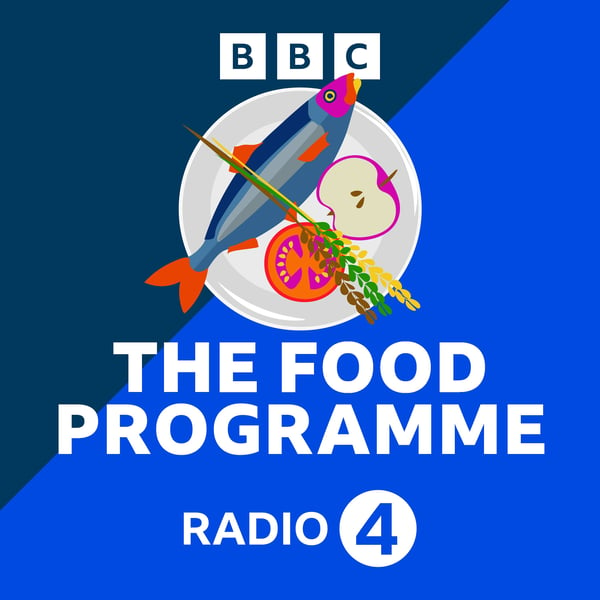Addicted to Food
The Food Programme
BBC
4.4 • 943 Ratings
🗓️ 16 August 2024
⏱️ 44 minutes
🧾️ Download transcript
Summary
Sheila Dillon hears why some clinicians and researchers want the condition 'Ultra-Processed Food Addiction' to be recognised by groups such as The World Health Organisation.
Earlier this year, Dr Jen Unwin (clinical psychologist) and some like-minded international colleagues, including Dr Chris Van Tulleken (scientist, author and broadcaster), came together in London to discuss why they believe Ultra-Processed Foods (UPF), as defined by the NOVA Food Classification system, are the most problematic, and are causing more addicted like behaviours in people. They say if the addiction was formalised, then Government's would have to do more to regulate these foods and the food industry.
People who consider themselves food addicts, explain to Sheila what the addiction is like to live with, how they stay abstinent from certain foods, and why they believe it would help others if the diagnosis was available to more people.
Sheila also speaks to a specialist in Eating Disorders who says they don't believe the scientific evidence for Food Addiction is strong enough, and has concerns that labelling certain foods as 'bad' or 'toxic' could lead to more disordered eating.
Presented by Sheila Dillon Produced by Natalie Donovan in Bristol.
Additional Resources: https://the-chc.org/fas https://liberatetoday.org/ https://liberatetoday.org/
Transcript
Click on a timestamp to play from that location
| 0:00.0 | I'm Rory Stewart and I want to talk about ignorance. I will die without having read |
| 0:08.2 | everything that was written in classical Latin. Because ignorance isn't simply the opposite of knowledge. |
| 0:14.7 | It's part of what it means to be human. |
| 0:17.5 | Just about every game I can think of involves ignorance. |
| 0:22.1 | There's no adventure without ignorance. There's no there's no narrative. |
| 0:25.0 | The long history of ignorance from Confucius to Kianan |
| 0:29.0 | with me Rory Stewart, |
| 0:31.0 | listen on BBC Sounds. |
| 0:35.0 | BBC Sounds, music radio podcasts. |
| 0:38.4 | Food addiction. |
| 0:40.1 | Is it a real thing? |
| 0:42.2 | That's the question for this edition of the food program. |
| 0:45.5 | Have a listen. See what you think. |
| 0:49.1 | I see it as a very serious addiction. I think that an addiction has got two parts to it, the physical and the mental. |
| 0:57.1 | Physically, when I put certain substances in my body, my body craves them more and other people don't always have that you know? |
| 1:05.0 | Other diets that I've been on before allow for some element of moderation but I've learned |
| 1:10.6 | that part of this story of being an addict is that we can't fully moderate like other people can. |
| 1:17.0 | So I don't think I could have one biscuit. I'd probably want half a packet at least. |
| 1:22.0 | It's just booze but food. The addiction is |
| 1:25.0 | identical. The secrecy of consuming these things, the shame behind it. And food is a |
| 1:30.6 | tricky one because booze and drugs you can just give up |
| 1:34.3 | unbelievably difficult but you know a zero tolerance policy. Whereas if you're addicted to food or to |
... |
Please login to see the full transcript.
Disclaimer: The podcast and artwork embedded on this page are from BBC, and are the property of its owner and not affiliated with or endorsed by Tapesearch.
Generated transcripts are the property of BBC and are distributed freely under the Fair Use doctrine. Transcripts generated by Tapesearch are not guaranteed to be accurate.
Copyright © Tapesearch 2025.

